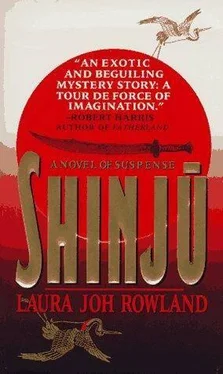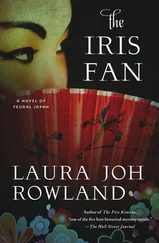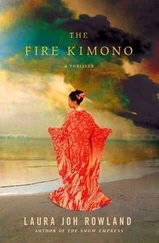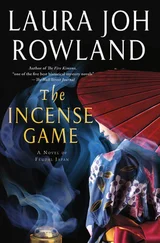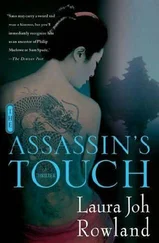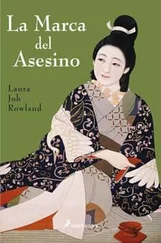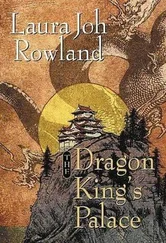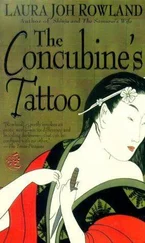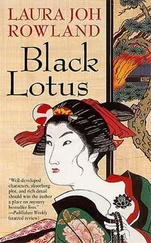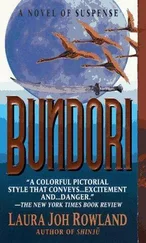Sano shook his head. The doctor’s sympathy and understanding gave him little comfort and no sense of absolution. But he began to grasp the reason why the prospect of serving as Tokugawa Tsunayoshi’s special investigator disturbed him so much.
“When I saved the shogun’s life-when I killed Lord Niu-I thought my troubles were over,” he said, groping for the words. “This constant having to choose between personal desire and duty, when neither way seems entirely right or wrong. Pursuing inquiries without knowing where they will lead, or who will be hurt. Doing work for which I have no training and only instinct to guide me. Risking not only death, but also disgrace.”
He laughed, a forlorn sound that came from the depths of his soul. “And what is this prize position that I’ve achieved, except a chance for more of the same? Now my life will never be any different.”
“Really?”
Sano met his friend’s cynical gaze and understood at once what Dr. Ito meant. With the shogun’s authority behind him, he would have enormous power over other people’s lives. He would have even greater opportunity to cause tragedy, to face danger and expose dangerous secrets. And the conflict within him would grow stronger. His need for the truth was undiminished, but woe upon him if he should disobey his new master’s orders! Things were the same, yet different in a frightening way.
Sano nodded and sighed. “I see.”
He stopped pacing to gaze out over the city. Above the snow-frosted rooftops of Nihonbashi rose the white tower of Edo Castle, where he’d spent one night and would spend many more. He avoided the daimyo district, instead turning to look at the western hills, the network of canals that ran in all directions, and the thick, mud-colored vein of the Sumida River. He peered north toward Ueno and Yoshiwara, and south toward the theater district. He contemplated the tiny, foreshortened human figures moving through the streets. Finally he let his eyes follow the thin lines of the roads that led out of Edo to the distant provinces.
“Even now, something that is happening out there may require your investigation,” Dr. Ito said, echoing Sano’s thoughts.
“Yes.” Sano walked to the edge of the wall. He felt himself hovering on the brink of an uncertain future. Perhaps an adversary more formidable than Lady or young Lord Niu awaited him.
“I do not envy you, Sano- san . You face a difficult challenge.”
But unexpectedly, Sano’s spirits lifted. The New Year was a season for hope, as Dr. Ito had said. It offered chances for him to atone for the deaths he’d caused. His wounds would heal. Time and experience would bring him wisdom that would aid him in his pursuit of the truth. He imagined saving lives, delivering more criminals to justice, conferring more honor upon his family name. A cautious optimism began to stir inside Sano, and with it, an eagerness to take up his new responsibilities as the shogun’s special investigator.
“A challenge I accept,” he said.
I would like to thank the following people, each of whom helped make this book possible: George Alec Effinger, friend, mentor, and master science fiction writer. My agent, Pamela Gray Ahearn; my editor, David Rosenthal; my husband, Marty Rowland. And the members of my writer’s workshop: Larry Barbe, Gary Bruton, Kim Campbell, O’Neil DeNoux, Debbie Hodgkinson, Jack Jerni-gan, Michael Keane, Mark McCandless, Marian Moore, John Webre, and Fritz Ziegler.
LAURA JOH ROWLAND is a graduate of the University of Michigan. She has worked as a chemist, microbiologist, sanitary inspector, freelance artist, and quality engineer. She lives in New Orleans with her husband and their two cats.
